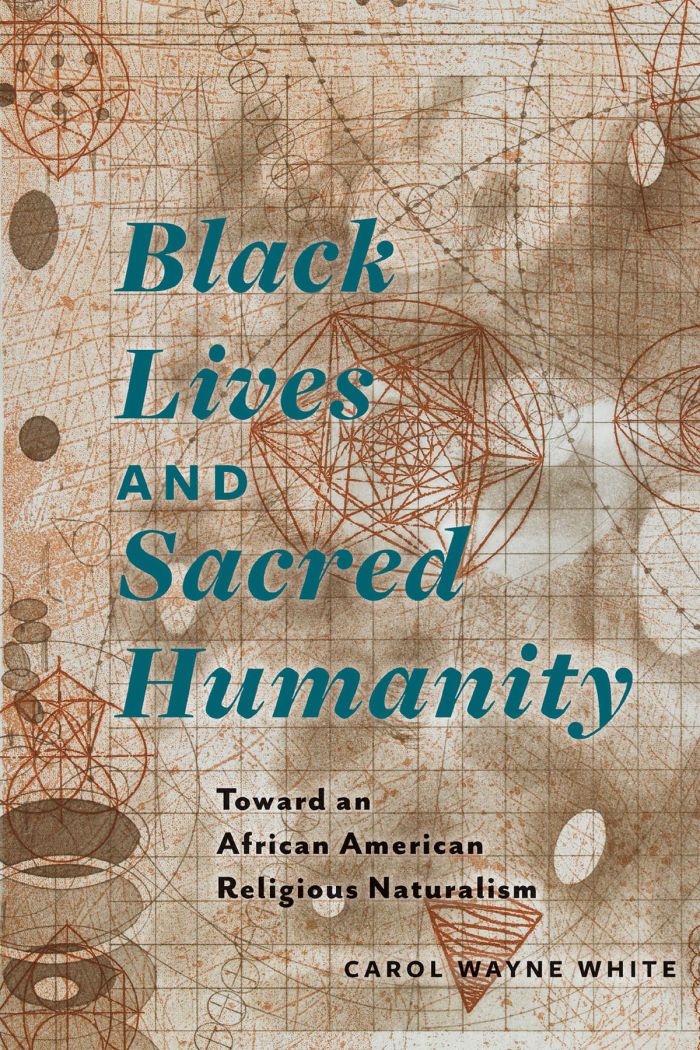Black Lives and Sacred Humanity
Toward an African American Religious Naturalism

This book can be opened with

Identifying African American religiosity as the ingenuity of a people constantly striving to inhabit their humanity and eke out a meaningful existence for themselves amid harrowing circumstances, Black Lives and Sacred Humanity constructs a concept of sacred humanity and grounds it in the writings of Anna Julia Cooper, W. E. B. Du Bois, and James Baldwin. Supported by current theories in science studies, critical theory, and religious naturalism, this concept, as Carol Wayne White demonstrates, offers a capacious view of humans as interconnected, social, value-laden organisms with the capacity to transform themselves and create nobler worlds wherein all sentient creatures flourish.
Acknowledging the great harm wrought by divisive and problematic racial constructions in the United States, this book offers an alternative to theistic models of African American religiosity to inspire newer, conceptually compelling views of spirituality that address a classic, perennial religious question: What does it mean to be fully human and fully alive?
Carol Wayne White’s Black Lives and Sacred Humanity is a major contribution to American religious thought. She deftly constructs a rationale for African American sacred humanism that accomplishes (at least) three important tasks. First, she establishes the compatibility of her notion of sacred humanism with the best of current scientific thought regarding deep relationality in biology and cosmology. Second, she provides a solidly argued alternative to dogmatically theistic assumptions about African American religiosity. Third, White traces an intellectual history of sacred humanism in key American intellectual texts (Du Bois, Cooper, and Baldwin). With narrative grace, White has created a conversation among figures and fields in American religious thought that cannot help but open new avenues of philosophical and theological possibility.

